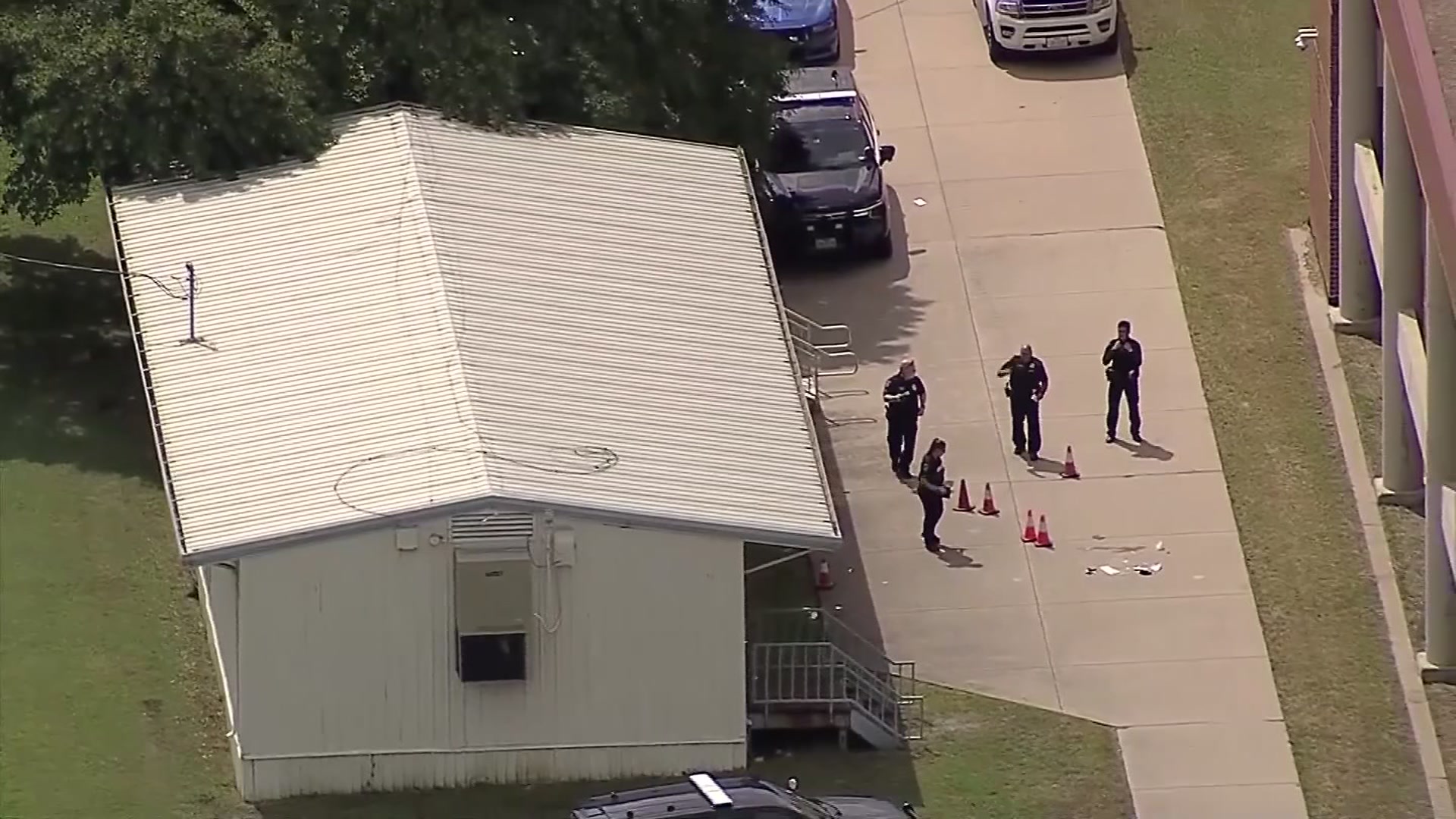The debate over the future of the Affordable Care Act, known as Obamacare, took center stage in a federal court in Fort Worth on Wednesday.
Judge Reed O’Connor did not immediately rule on the latest push by Republicans to end the Affordable Care Act - the law commonly known as 'Obamacare' that insures 20 million Americans.
Republican Texas Attorney General Ken Paxton is leading an effort to scrap the law in the wake of Congress repealing the "individual mandate," which requires most Americans to buy insurance or risk a tax penalty.
It's the most high-profile lawsuit against the federal health care law since President Donald Trump took office.
California, 15 other states, and the District of Columbia, are pushing to keep it, saying it’s a legitimate law passed by Congress and provides health care for millions of Americans.
This is not the first time GOP leaders have attempted to overturn the law via the court system.
In 2012, they suffered a major defeat when the United States Supreme Court upheld the ACA -- specifically, the individual mandate provision that requires all Americans to carry health insurance or pay a fine.
In that 5-4 decision, the Supreme Court Justices ruled that the individual mandate was legal because it could be construed as a tax -- and the Constitution gives Congress the power to tax.
Local
The latest news from around North Texas.
Paxton and the other plaintiffs in this new lawsuit are hoping a recent change made to that provision will help lead them to victory this time around.
As part of the tax bill they passed last year, the Republican-controlled Congress and President Trump eliminated the fine that people without insurance have to pay under the ACA.
Robert Henneke, an attorney with the Texas Public Policy Foundation, said without a tax, the federal government has no business regulating health care.
"Our argument is without it generating revenue for the federal government, then that provision is unconstitutional and the entirety of the Affordable Care Act fails,” he said.
He wants states to be allowed to set up their own health care systems without federal interference.
"We would say let the states do it,” he said. “The states are in the better positions, it's a more appropriate role for the state to craft policies that will provide for health insurance."
Supporters of the ACA, led by Paxton's Democratic challenger for Texas Attorney General, Justin Nelson, rallied outside the courthouse Wednesday morning, decrying the lawsuit as "waste of taxpayer dollars" and a "frivolous political statement."
"That's why this lawsuit is so wrong," said Nelson. "We can have a real debate about whether to improve health insurance coverage or not. What we shouldn't be doing is trying to use courts as political tools to get something that Congress didn't pass."
They also argued that millions of Americans with pre-existing conditions could lose their health insurance and face financial ruin if the protections guaranteed by the ACA go away.
"There were many times my son was denied care,” said Laura Leeman of Colleyville.
Leeman’s son Victor has serious medical issues that require 24-hour care.
"I don't know how we would survive if we didn't have proper health care for my son,” she said. “So I am afraid every day when I hear threats and see threats."
O’Connor, appointed to the bench by President George W. Bush, asked probing questions of attorneys on both sides.
“You’ve given me a great deal to think about,” he said at the end of the hearing.
He promised a decision “as quickly as I can” but gave no timetable.
Attorneys for the US Department of Justice asked the judge to defer any decision or injunctions until after the upcoming open enrollment period ends in December, warning that any ruling made earlier could "throw the healthcare system into chaos."
Whichever side loses is almost certain to appeal.
The case could ultimately end up at the U.S. Supreme Court.
The arguments in North Texas unfolded while senators in Washington continued pressing Supreme Court nominee Brett Kavanaugh, whose confirmation could swing the next major challenge to the law.




